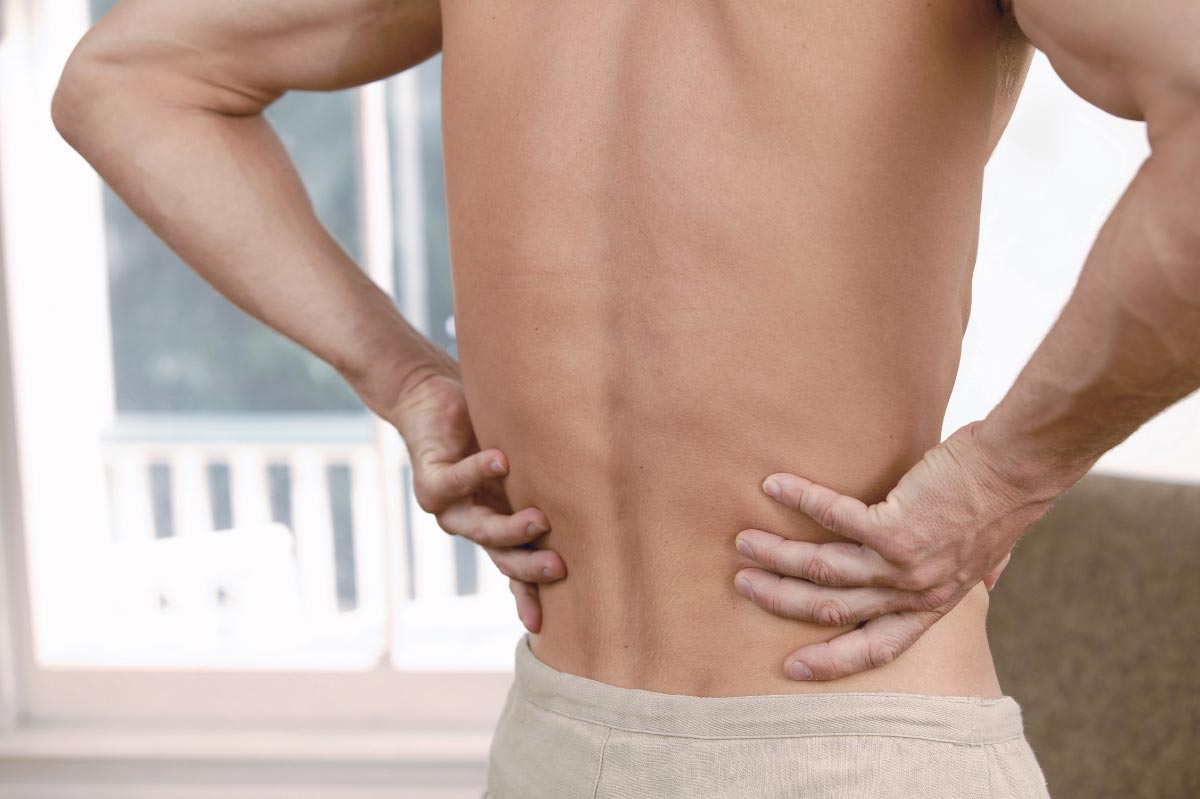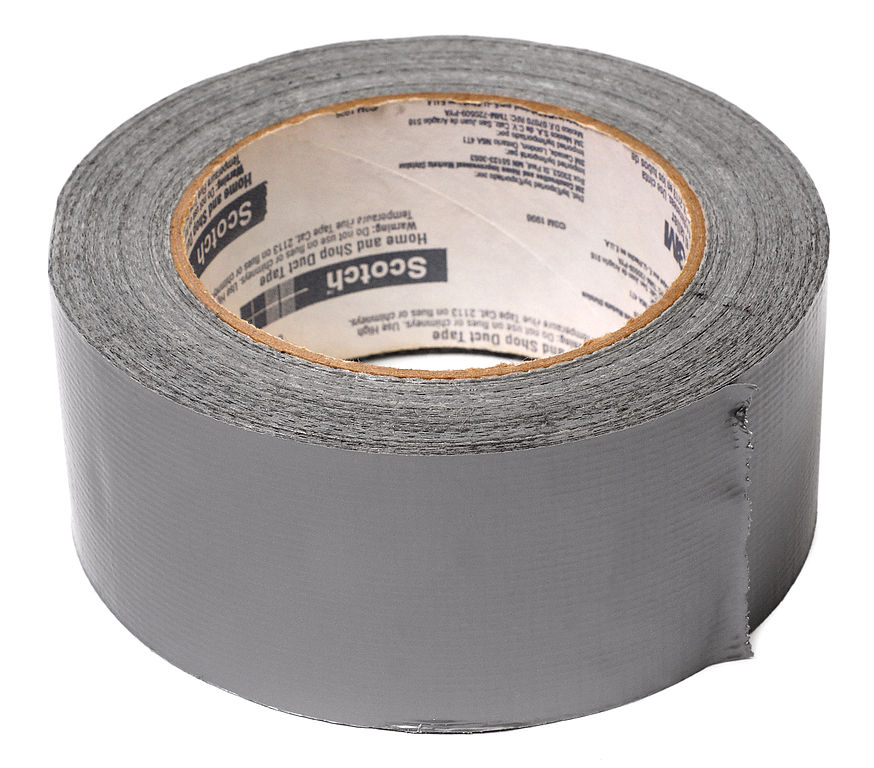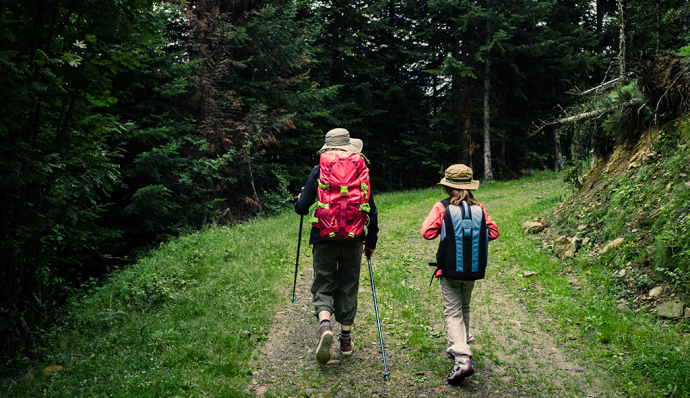Surviving a gunshot wound: What to do if you get shot
02/21/2018 / By Jayson Veley

Knowing how to properly maintain, clean and shoot a firearm is good, but if you don’t know what to do in the event that you’re the one who ends up with a bullet lodged inside your arm, then you might want to learn sooner rather than later.
It’s important to understand that gunshot wounds are often extremely complex, and therefore require sophisticated medical supplies in order to properly treat them. These supplies can be fairly heavy, making them a bit inconvenient for preppers who will be carrying them around inside of their bugout bag should they ever be forced to go off the grid. But even though it may be a nuisance, the weight of these medical supplies will be well worth the trouble in the event that you or someone in your group gets shot.
If the weight is too much for one person to handle, remember that you can always distribute it to others if you plan on bugging out with a group of preppers. It’s also recommended that you keep a first aid-kit inside of your vehicle at all times, just in case you happen to be driving in your car when you get shot.
So what are these medical supplies that you should consider carrying with you in case you end up with a bullet wound? Below are two types of medical kits that you should acquire according to SurvivalSullivan.com:
IFAKs (Improvised First Aid Kits)
Essentially, IFAKs are pouches that come with MOLLE capability, meaning that you can use MOLLE loops to attach them to any vest, belt or bag. The ideal IFAK will contain items that you can use until you have a chance to receive extensive medical care, such as medical tape, packing gauze, NPA or nasopharyngeal airway, NCD or Needle Chest Decompression, an Israeli bandage, a tourniquet and a chest seal. Of course, this list is not exhaustive, and if you have any extra space inside of your IFAK, then you should use it to carry additional items that you think would help treat gunshot wounds or other injuries. (Related: This simple invention can seal a gunshot wound in just 15 seconds.)
Extensive Medical Kits
While every serious prepper should have a medical kit with items that can be used to treat a wide range of different injuries, it’s also recommended that you have an extensive medical kit containing things that are to be used specifically to treat gunshot wounds. This includes, but is not limited to, two eye pads, a spare tourniquet, three ACE wraps, three Israeli bandages, two QuikClot sponges, a small bottle of Isopropyl Alcohol for disinfecting, two abdominal bandages, two instant splints, and a CPR mask. (Related: Here are the top five emergency first aid items that you probably didn’t even realize were medicine.)
If you get shot in the middle of a gunfight, then the only type of medical care you should give yourself is applying a tourniquet. It’s important to remember that if you have to use a makeshift tourniquet, you should never use a wire or a shoestring because doing so could result in damage to the skin. In addition, a tourniquet should only be applied to the arm or leg in the event that the victim is at risk of losing his or her life.
For the most effective results, tie the tourniquet as high up as possible – if it’s on the arm, then you should apply it close to the armpit, and if it’s on the leg, apply it close to the groin. Once you have the tourniquet fed through the buckle, pull as tight as you possibly can and then wrap it around itself so that the Velcro holds it in place. In order to test to see whether or not the tourniquet is tight enough, you can try to fit your finger between the victim’s limb. If it fits, then that means that the tourniquet is too loose.
Of course, all of these are just temporary solutions to gunshot wounds. After the victim is treated with a tourniquet or some other type of medical device, contact 911 as quickly as possible.
Sources include:
Tagged Under: bugout, emergency first aid, emergency medicine, first aid, guns, gunshots, medical supplies, off the grid, prepping, survival, wounds




















